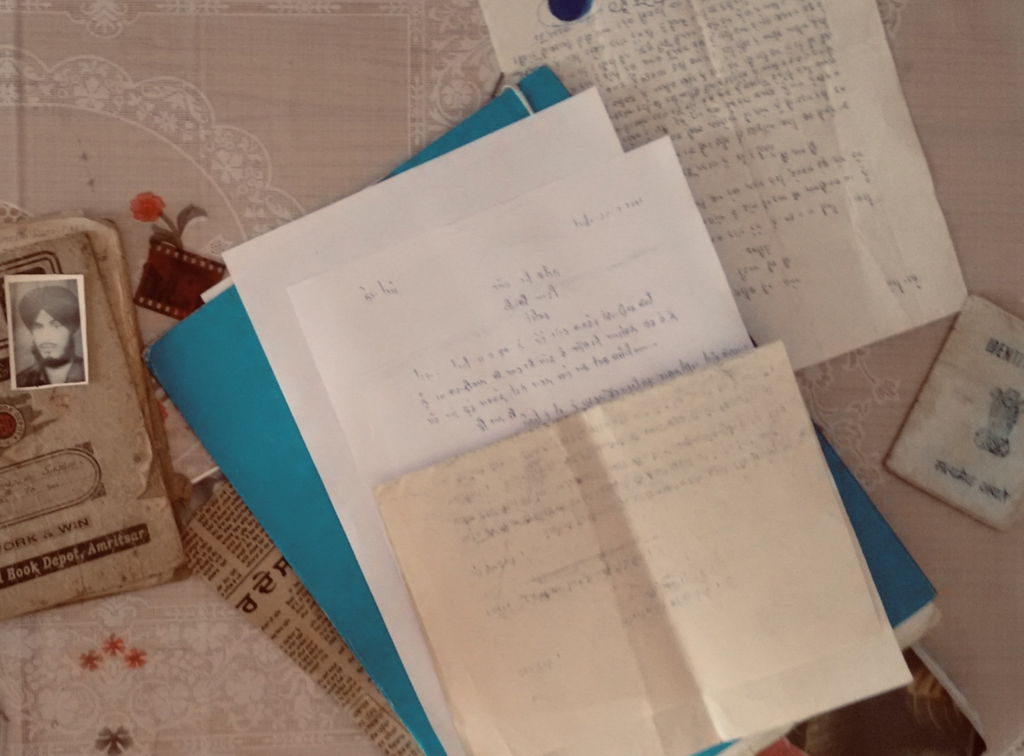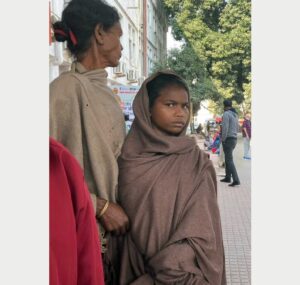
In “post-conflict” Punjab, state violence has left a maze of collective memories that refuses to die

But India’s meta-archive has no space to preserve the labour of Sikh women who navigated dangerous, masculine spaces from torture centres to the courts for their disappeared loved ones. Documents kept by Baldev Singh’s family, including his photograph. Documentation was critical to resist erasure and initiate legal proceedings. These motivations are a running thread that binds families in Punjab. Photo by Preetika Nanda Two years ago I traveled about ten villages of Gurdaspur in Punjab for my fieldwork. I also helped in documenting and recording testimonies of families whose near and dear ones were extrajudicially killed or subjected to enforced disappearance by the counterinsurgency grid in the state between 1984 and 1995. These would later be taken up for litigation by the Punjab Documentation and Advocacy Project, the group involved in the documentation. It’s been more than two decades since the Indian establishment committed such mass atrocities in Punjab. Even…
Related Posts


Donald Trump’s Master Economic Plan I Opinion by Yanis Varoufakis




